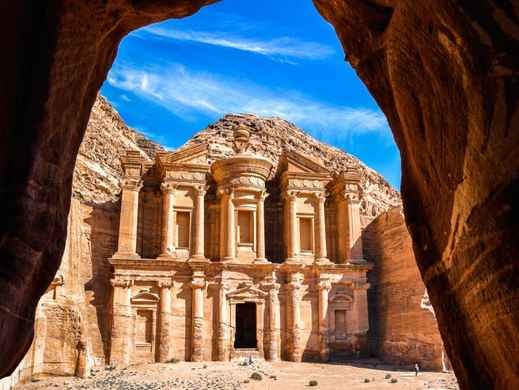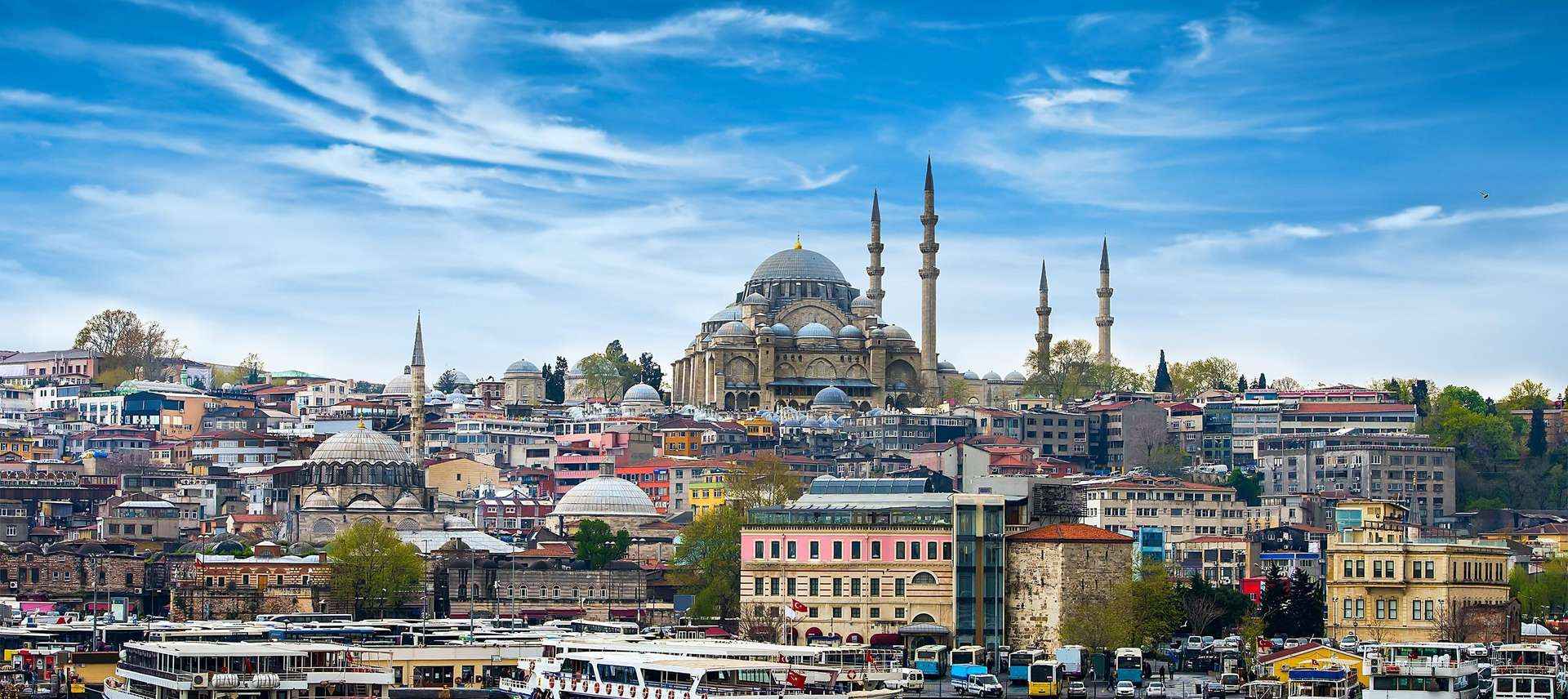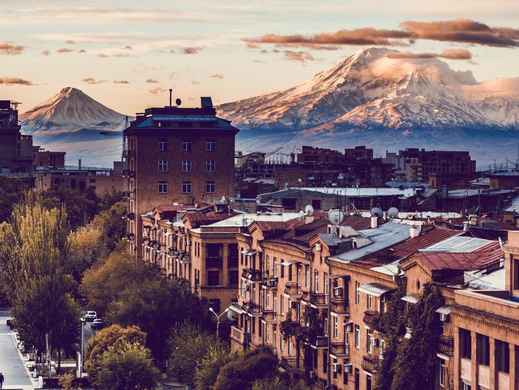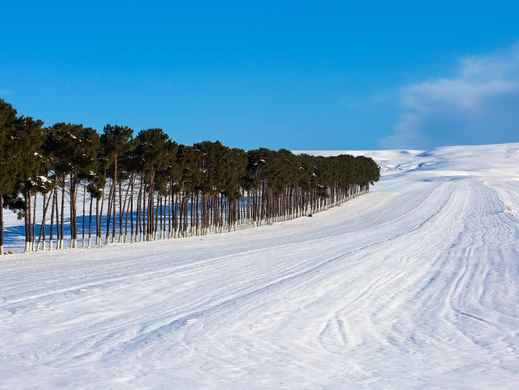


Lebanon
Asia
/
Lebanon
Lebanon - a captivating Mediterranean gem nestled in the heart of the Middle East, beckons travelers with its rich history, diverse culture, and stunning landscapes. From the vibrant streets of Beirut to the ancient ruins of Baalbek, this small but mighty nation offers an array of experiences that will leave visitors in awe. The country's unique blend of modernity and tradition is evident in its bustling souks, world-class restaurants, and UNESCO World Heritage Sites.
Adventurers can explore the majestic Cedar forests, ski in the Cedars resort, or bask in the sun along the pristine coastline of the Mediterranean Sea. Lebanon's culinary scene is a testament to its cultural diversity, with mouthwatering dishes like tabbouleh and kibbeh tantalizing taste buds across the globe. Whether you're drawn to the nightlife of Jounieh, the historical significance of Byblos, or the natural beauty of the Jeita Grotto, Lebanon promises an unforgettable journey through time and culture.

Get to Know Lebanon
Take a tour of this destination's highlights
Popular Areas in Lebanon

Travel Tips for Lebanon
What you need to know before traveling here
Practical Tips for Lebanon
Things to prepare and best way to visit
Lebanon is generally safe for tourists, particularly in major tourist areas like Beirut, Byblos, and Baalbek. However, it's crucial to stay informed about current events and heed local advice. Some regions near the Syrian border can be risky, and you should check your government's travel advisories before visiting. Exercise normal precautions as you would in any foreign country, such as being aware of your surroundings and avoiding demonstrations.
The best times to visit Lebanon are during spring (April to May) and autumn (September to November) when temperatures are mild and pleasant for sightseeing. These seasons are ideal for outdoor activities and exploring historical sites. Summer (June to August) can be hot and crowded, especially along the coast. Winter (December to March) is cooler and offers opportunities for skiing in the mountains, particularly in areas like Faraya.
Most visitors to Lebanon require a visa, but many nationalities can obtain a visa on arrival at Beirut International Airport, including citizens from the US, UK, EU countries, and several others. The visa is typically valid for one month and can be extended. Some nationalities may need to apply for a visa in advance. Always check with the Lebanese embassy or consulate in your country for the most current visa requirements and procedures.
Lebanon boasts a variety of attractions, from ancient ruins to stunning beaches and vibrant cities. Key sites to explore include the Roman ruins of Baalbek, the ancient coastal city of Byblos, the Jeita Grotto caves, and the famous cedars of Lebanon in the Chouf Mountains. In Beirut, don't miss the National Museum, Mohammad Al-Amin Mosque, and the lively neighborhoods of Gemmayzeh and Mar Mikhael. The coastal cities of Tyre and Sidon also provide rich historical experiences worth discovering.
It's generally advised to drink bottled water in Lebanon instead of tap water. While tap water is treated and may be safe in some areas, the quality can vary, so it's better to err on the side of caution. Bottled water is widely available and affordable throughout the country. When dining out, drinks with ice are typically safe, as restaurants usually use filtered water for ice production.
See All Practical Tips for Lebanon

Get to Know Lebanon

Travel Tips for Lebanon
More Destination Near Lebanon













 Facebook
Facebook Instagram
Instagram TikTok
TikTok Youtube
Youtube Telegram
Telegram
